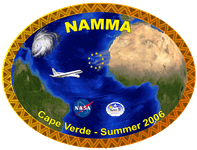
NASA African Monsoon Multidisciplinary Analyses
Global Water & Energy Cycle, Weather
- 1
- view all deployment datesDeployment
2006-08-15 2006-09-15 - 6
- Platforms
- 22
- Data Products
The Campaign
The NASA African Monsoon Multidisciplinary Analyses (NAMMA) was a NASA-led campaign that expanded the international African Monsoon Multidisciplinary Analyses (AMMA) project. It aimed to study African easterly waves (AEWs), how the Saharan Air Layer (SAL) affects AEWs, and their potential to become tropical systems. NAMMA occurred between August and September 2006 around the Cape Verde Islands. Four aircraft and numerous ground-based instruments collected data on the SAL and storm environments during tropical cyclone formation. NAMMA was funded by NASA’s Atmospheric Dynamics and Radiation Science programs and NOAA.
NASA's AMMA
N: 35°N
S: 5°S
W: 75°W
E: 30°E
Additional Notes
Repositories
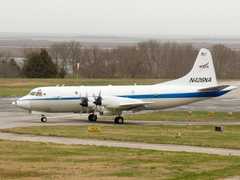
P-3 Orion
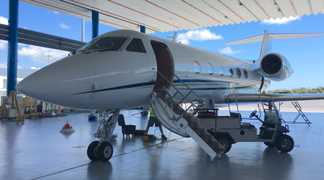
Gulfstream IV
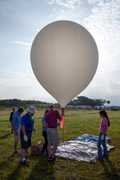
Balloon Launch Site

Douglas DC-8
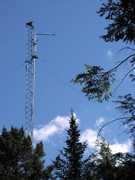
Permanent Land Site
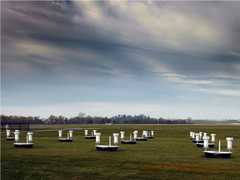
Field Site
Events
Filter data products from this campaign by specific platforms, instruments, or formats.
